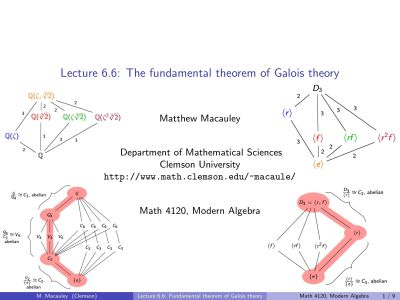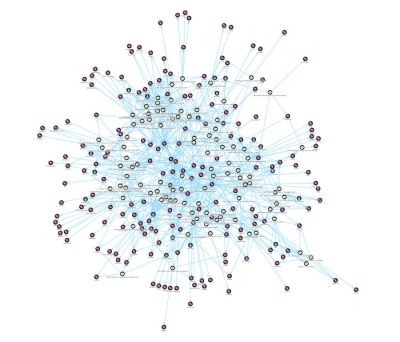User:Darwin2049/chatgpt4 ꞷ
OpenAI - ChatGPT4.
In what follows we attempt to address several basic questions about the onrushing progress with the current focus of artificial intelligence. There are several competing actors in this space. These include OpenAI, DeepMind, Anthropic, and Cohere. A number of other competitors are active in the artificial intelligence market place. But for purposes of brevity and because of the overlap we will limit focus on ChatGPT4 (CG4). Further, we focus on several salient questions that that raise questions of safety, risk and prospects.
Specifically, risks that involve or are:
- Interfacing/Access: how will different groups interact with, respond to and be affected by it; might access modalities available to one group have positive or negative implications for other groups.
Looking forward the user interface or access mechanism to tools such as CG4 or its derivatives are most likely going to track with how the users themselves pursue their objectives and goals.
Mathematicians will most likely make use of mathematical symbology and diagrams. One can envision communications between members of various mathematical societies and organizations using diagrams such as one depicting Galois Ring Theory.
In another case there might be a development in social network analysis wherein a discovery is evident only if relationships are mathematically depicted such as in a social network.
Specialists pursuing the analysis of new Genomics or Proteomics insights might facilitate their efforts by using an interface that highlights specific features of a molecule’s structure.
Because this might be the most effective way to convey new developments or discoveries. For users who have little or no familiarity with these domains the interaction pathways and control mechanisms could well be unintelligible.
For instance the user interface in a highly technical design studio might require many hours or days of training and then weeks of familiarization to reach basic proficiency. A novice user attempting to control such a tool would be at a considerable disadvantage.
Existing interface systems allow for spoken commands. A user can present verbal commands to a wide variety of systems using simple spoken direct language. Increasingly many applications and websites use verbal output as a mean to facilitate simplified interaction.
The more sophisticated interface approaches will use combinations of these to expedite task progress. Looking forward there will be a proliferation of large to very large screen display environments.
From the other end of the spectrum we should expect to see interfaces that rely on in-ear means of communication with always-on systems. These are likely to merge with the rapidly developing visual display devices that are worn like a pair of glasses but which are in fact high resolution display devices that connect the user to an information system of their choice.
Increasingly going forward interacting with the developing forms of artificial intelligence will require considerable training to control their capabilities. Also these user interfaces likely to become much more tailored to meet specific task needs.
- Political/Competitive: how might different groups or actors gain or lose relative advantage; also, how might it be used as a tool of control;
- Evolutionary/Stratification: might new classifications of social categories emerge; were phenotypical bifurcations to emerge would or how would the manifest themselves;
- Epistemological/Ethical relativism: how to reconcile ethical issues within a society, between societies; more specifically, might it provide solutions or results that are acceptable to the one group but unacceptable to the other group; recent attention has been drawn to the evidence that a LLM such as CG4 may begin to exhibit sycophancy in its interactions with a user; even if the value stance of the user can be considered as an equivocation;




